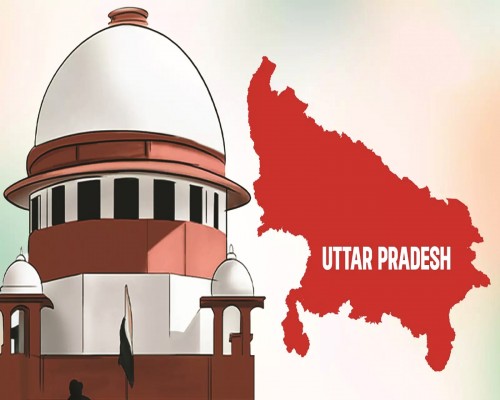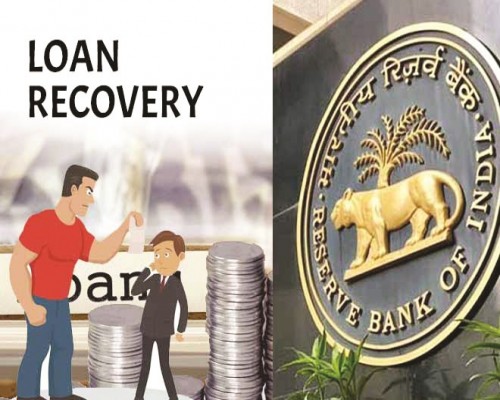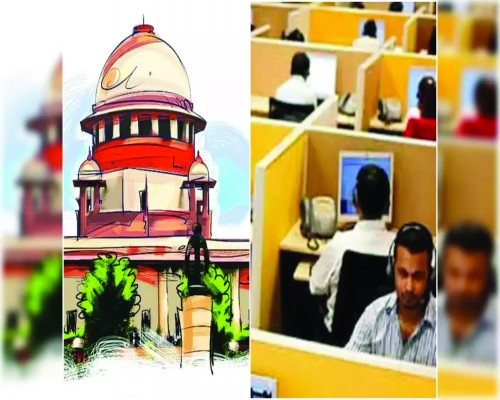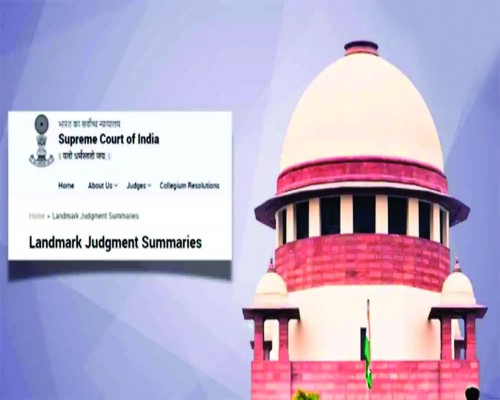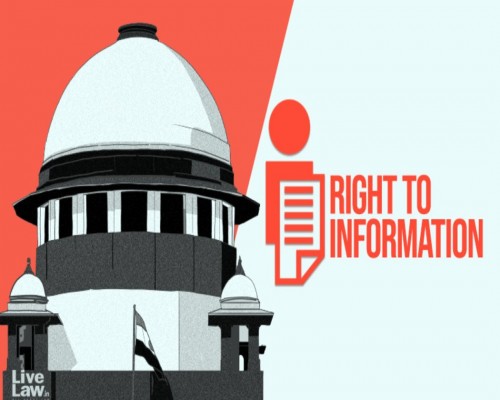Supreme Court: Borrowers Taking Loans for Profit Are Not 'Consumers'

Ruling on NCDRC's Order in Banking Dispute Case
The Supreme Court has ruled that if a loan is taken from a bank with the intent of earning profit, the borrower cannot be classified as a 'consumer' under the Consumer Protection Act. The judgment came while hearing an appeal by the Central Bank of India against an order of the National Consumer Disputes Redressal Commission (NCDRC).
Background of the Case
• The NCDRC had earlier directed the bank to compensate a film post-production company, Ad Bureau Advertising Pvt. Ltd., for incorrectly labeling it as a defaulter in its CIBIL report.
• The company had taken a loan of ₹10 crore for post-production work but faced financial losses due to an incorrect defaulter tag, leading to a negative credit rating.
• The company later repaid ₹3.56 crore but argued that the incorrect CIBIL report damaged its business reputation.
Supreme Court's Ruling
• A commercial entity taking loans for business purposes cannot be treated as a 'consumer'.
• The Consumer Protection Act does not cover purely commercial transactions aimed at generating profits.
• Since the loan was not for personal use, the company does not qualify for consumer rights protection.
Impact of the Judgment
• Banks are not liable under consumer law for business loans taken with profit-making intent.
• Only individual borrowers or businesses taking loans for non-commercial use may be protected under consumer laws.
• This ruling sets a precedent for future cases involving loan disputes and credit ratings.
Final Decision
The Supreme Court ruled that the NCDRC's order imposing a ₹75 lakh penalty on the bank was incorrect, as the case did not fall under consumer law jurisdiction. The verdict underscores the distinction between consumer loans and business loans, reinforcing that corporate borrowers must seek redress through commercial litigation, not consumer courts





